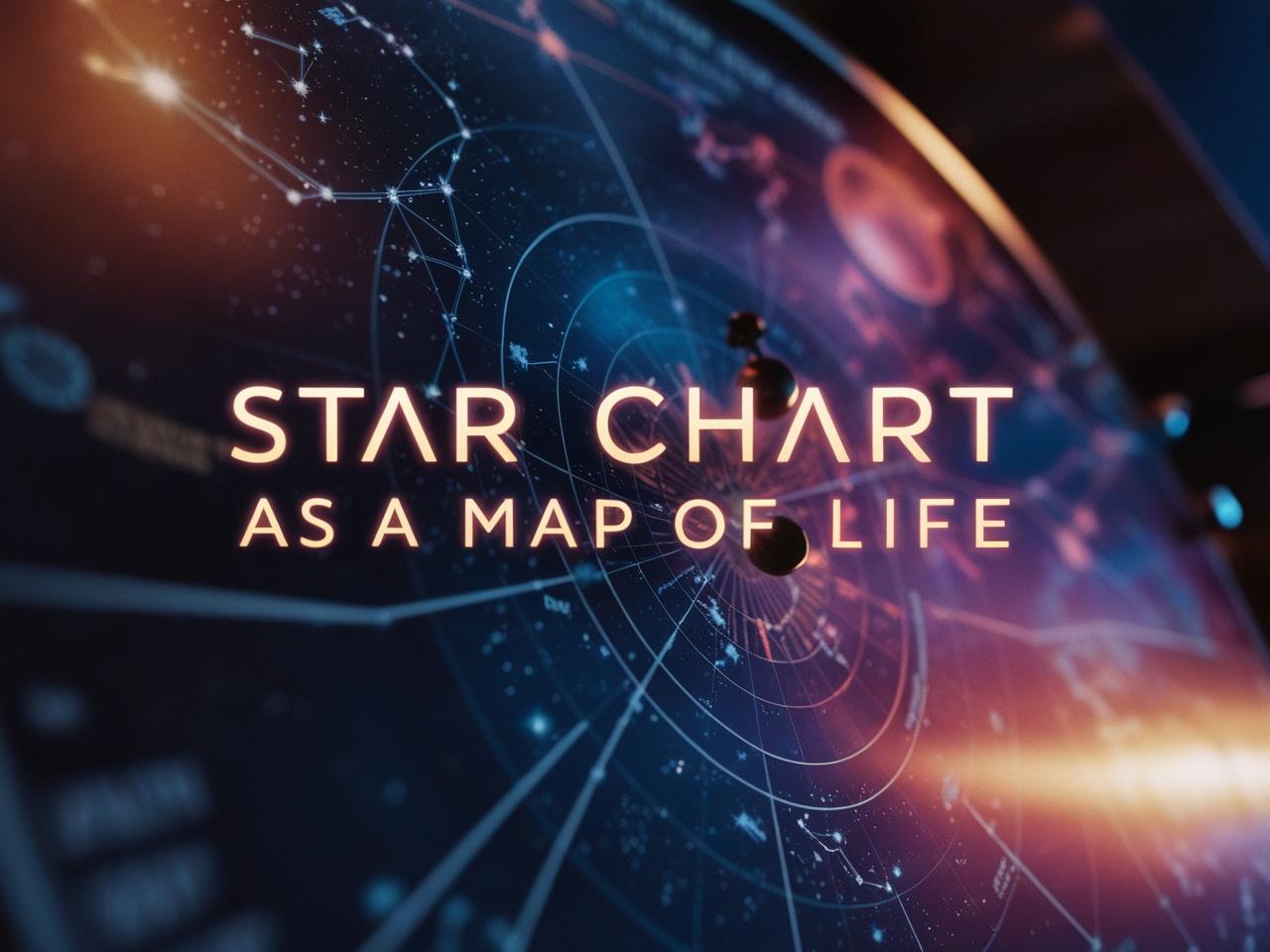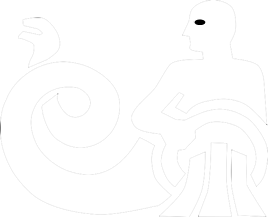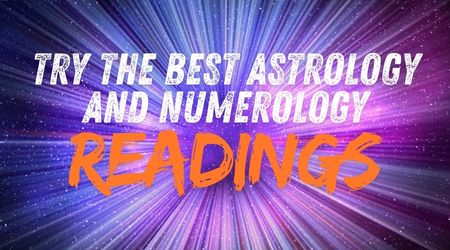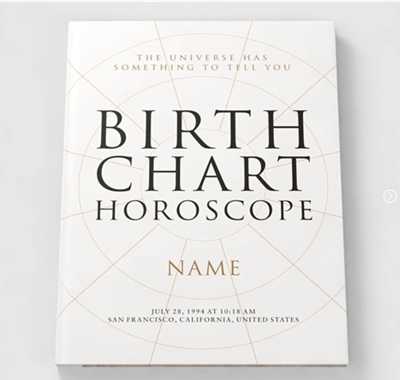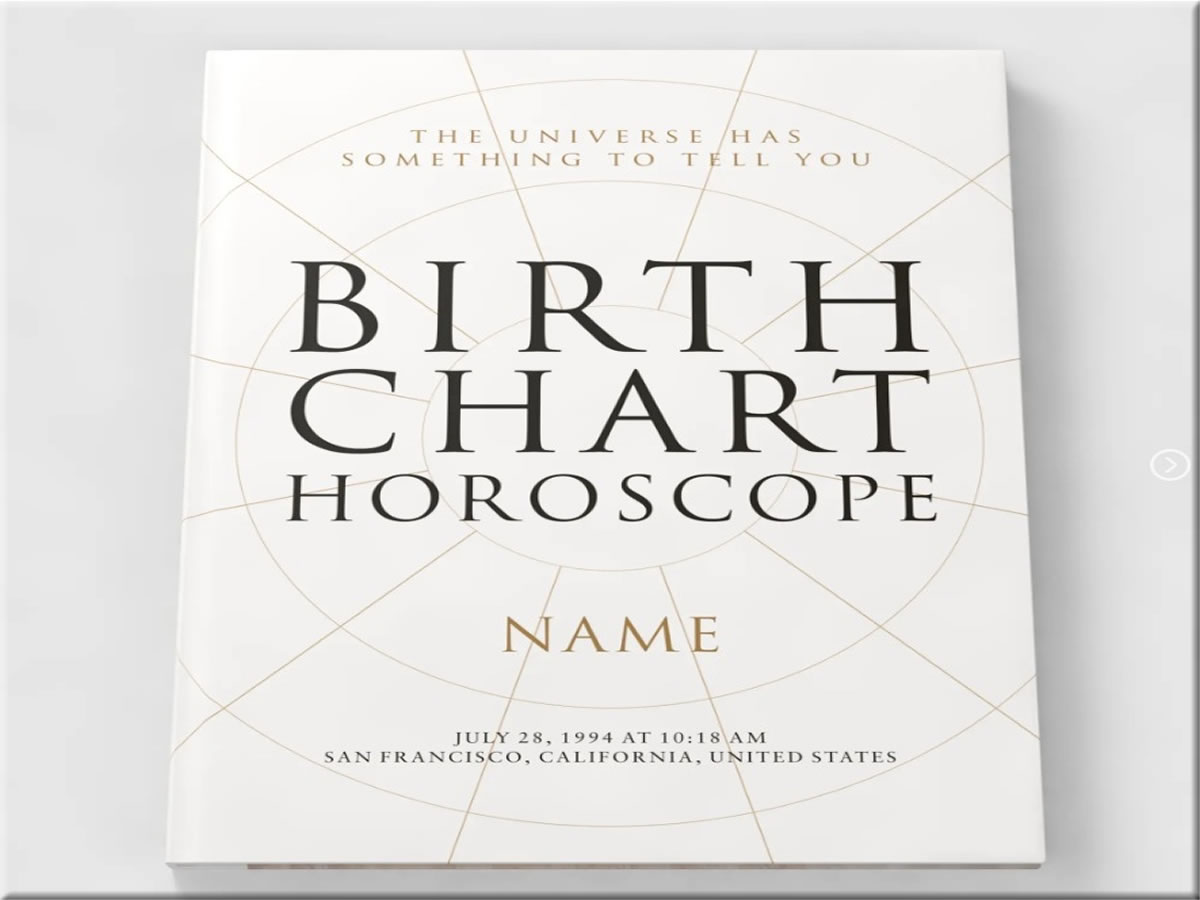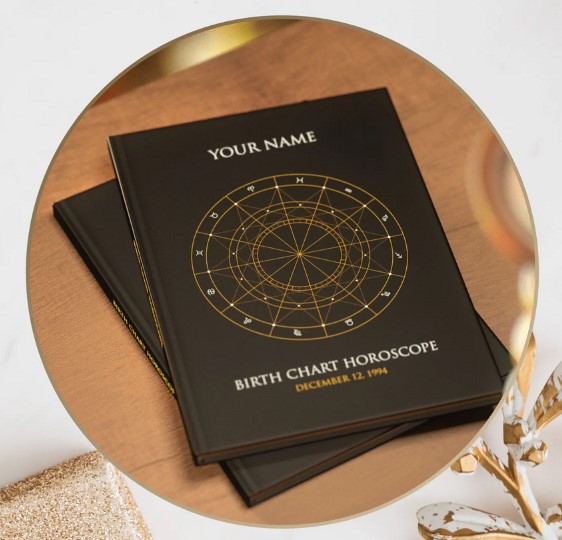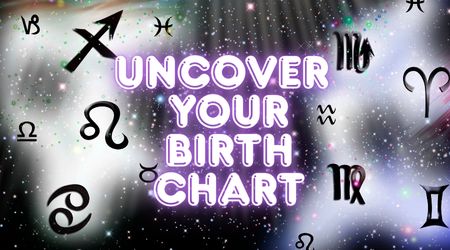
The Tetrabiblos: An Essential Theoretical Work In Astrology
Claudius Ptolemy, a figure often celebrated for his contributions to ancient science, was a remarkable scholar whose work spanned various fields. Born in Alexandria, a hub of knowledge and learning, Ptolemy’s influence reached far beyond his lifetime. Among his works, the ‘Tetrabiblos’ is a cornerstone in astrology, providing a systematic approach to understanding the heavens and their influence on the earthly realm.
The ‘Tetrabiblos’ wasn’t just a book of star charts and predictions. It was a profound text that combined astrology with philosophical thought, bridging the gap between celestial movements and human affairs. Ptolemy’s work laid out the nuances of astrology, reasoning why the planets and stars had the effects they did. Researchers still reference this theoretical resource today because it was crucial.
What’s fascinating is how the Tetrabiblos retained its importance over the centuries. Ptolemy’s philosophical defense allowed people to view astrology as a legitimate science rather than mere superstition. Through this work, Ptolemy encouraged a rational approach to astrology, elevating it from a mystical practice to a form of scholarly pursuit.
Check out more videos on our YouTube channel
The enduring relevance of Ptolemy’s Tetrabiblos has significantly influenced subsequent scholars. Even as modern astronomy evolved and astrology’s role in science diminished, the foundational concepts outlined in the Tetrabiblos continued to inform astrological practices. Moreover, for those studying astrology today, understanding Ptolemy’s work offers a glimpse into the deeply rooted history of these practices within scientific and philosophical contexts. Thus, Ptolemy’s influence remains a crucial aspect of astrological study.
Astrology as a Philosophical Science
Astrology, often seen only through fortune-telling or entertainment, has significant philosophical depth, especially in Ptolemy’s Tetrabiblos. Ptolemy believed that astrology was intertwined with natural philosophy, reflecting the underlying harmony between the stars and human life rather than merely predicting events.
Ptolemy articulated a vision in which celestial bodies weren’t arbitrary influences but part of a broader natural order. He presented astrology as a tool to understand the universe’s interconnectedness, offering insights aligned with his era’s philosophical debates. At this time, philosophy sought to explain natural phenomena, and astrology fit right into that quest.
Discover the New and Improved Personal Numerology and Astrology Reports. These outstanding Reports deeply explore your unique, energetic blueprint.
The Tetrabiblos invites readers to consider astrology beyond mere mystical predictions. Specifically, Ptolemy proposed a framework in which astrology became a disciplined cosmos study. He suggested that the movements of planets and stars could be understood in systematic, rational terms; this not only elevated astrology’s status but also allowed it to coexist with other scientific inquiries of the time.
Moreover, by treating astrology as a philosophical science, Ptolemy offered a means to gain respectability, ultimately opening the door to its acceptance in scholarly circles. His intellectual approach effectively justified astrology, helping it survive and evolve through periods of skepticism. Consequently, for those studying astrology today, Ptolemy’s perspective provides a foundation that deepens its meaning beyond what one might find in daily horoscopes or pop-culture references.
Astrological Techniques in the Tetrabiblos
Ptolemy’s ‘Tetrabiblos’ is rich with philosophical musings and a detailed guide to astrological techniques. These techniques established a structure that laid the groundwork for what many consider core practices in astrology to this day.
One of the key contributions in the ‘Tetrabiblos’ is the system of planetary influences. Ptolemy meticulously outlines how different planets possess specific attributes and how these influences vary according to their positions relative to the Earth. This systematic approach allowed for a deeper, more predictive understanding of personal and worldly events.
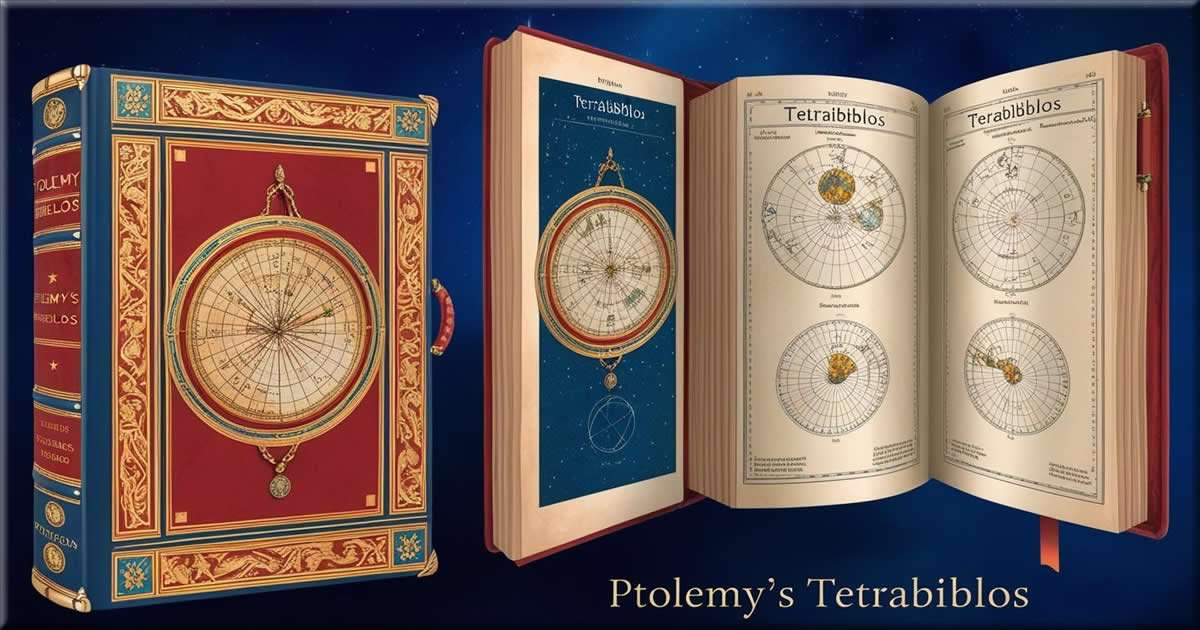
Another significant aspect of Ptolemy’s techniques is his interpretation of the zodiac signs and houses. He connects each sign with specific characteristics and life influences, forming a comprehensive system for assessing personality traits and life paths. This insight provided a practical framework for individuals seeking to understand their potential and destined paths.
The ‘Tetrabiblos’ also highlights aspects such as the angles and aspects formed by planets in the sky. Ptolemy described how these configurations could indicate harmonious or challenging periods, allowing astrologers to guide personal timing and decision-making. Using planetary aspects introduced a dynamic way to interpret celestial events beyond static predictions.
Understanding these foundational techniques can be incredibly beneficial for anyone studying astrology. They encourage a methodical approach to reading astrological charts and offer a historical context that enhances the practice’s rigor and depth. Ptolemy’s structured techniques remain crucial in astrological study, anchoring modern practices in a rich theoretical base.
The Tetrabiblos: A Catalyst for Theological Tolerance
In the tapestry of history, astrology has been accepted and opposed, often depending on the prevailing cultural and religious narratives. During the Medieval era, Ptolemy’s Tetrabiblos offered a solid philosophical defense that played a pivotal role in fostering tolerance toward astrology. However, the Catholic Church banned astrology in Western Europe because it labeled it as heretical.
Ptolemy articulated astrology not as defiance of divine will but as a natural science, harmonizing with theological views by suggesting that celestial bodies were also part of God’s creation. This positioning allowed astrology to be seen as complementing religious beliefs, such as those of Hinduism and Taoism, rather than contradicting them, as it does in Christianity and Islam.
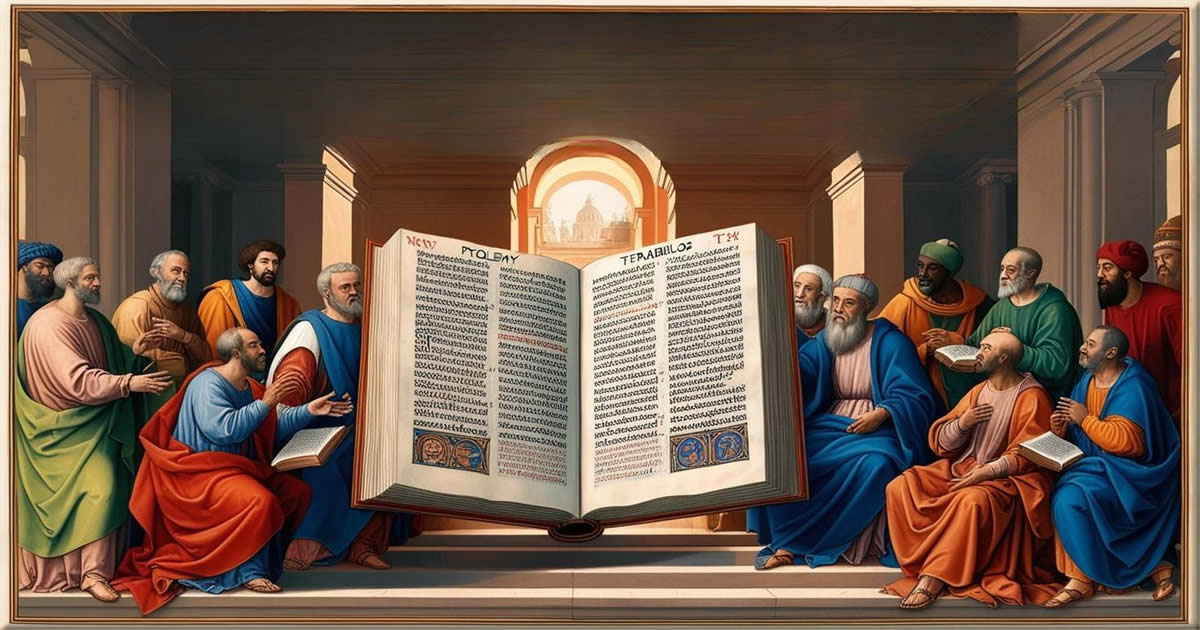
In this context, the ‘Tetrabiblos’ provided a grounding that helped astrology become perceived as a legitimate field of study. Ptolemy’s philosophical approach reduced the resistance from religious authorities, paving the way for astrology to be integrated into educational frameworks across Western Europe.
The acceptance of astrological study, buoyed by Ptolemy’s work during this era, was significant. It allowed future scholars to explore astrology without fear of persecution. Ptolemy’s logical defense preserved astrology’s credibility, making it a compatible subject in medieval intellectual pursuits.
For those interested in the historical development of ideas, Ptolemy’s impact on theological tolerance demonstrates the power of a well-structured argument. It shows how rigorous, thoughtful expression can influence societal perspectives and safeguard knowledge through generations.
Legacy of the Tetrabiblos in Education and Medicine
The enduring legacy of Ptolemy’s ‘Tetrabiblos’ is especially evident in its influence on Renaissance education and the medical field. With the theological acceptance of astrology, the text was incorporated into university curricula, reflecting its scholarly importance. Schools across Europe began to treat astrology as a serious academic subject, analyzing its principles alongside more established sciences.
Astrology, thanks to the influence of the ‘Tetrabiblos,’ became an integral component of medical studies. The belief that celestial bodies could affect physical well-being and health resonated with early medical theories. Physicians during the Renaissance often relied on astrological charts to diagnose illnesses and determine treatment schedules, merging the cosmic with the clinical in intriguing ways.
This book is a lovely story with you as the main character. It is a fully personalized and unique reading of your birth chart bundled in a beautiful hardcover deluxe book.
IT'S ALSO A FANTASTIC GIFT CHOICE!
Literary works from this period also show the impact of Ptolemaic astrology. Writers and poets integrated astrological themes as metaphoric devices to express human experiences and social commentary. The ‘Tetrabiblos’ thus contributed to cultural narratives, enriching the artwork of its time with celestial motifs.
Ptolemy’s comprehensive approach and visionary thinking provided a toolkit for future generations to explore and expand upon. For modern enthusiasts, exploring the ‘Tetrabiblos’ offers a unique glimpse into the interconnectedness of ancient sciences and arts, illustrating how this seminal work has shaped and continues to influence our understanding of the universe.
Related Topics


